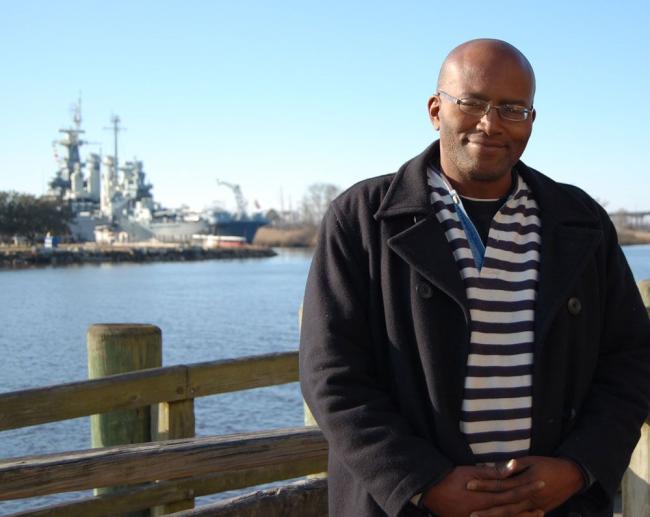Introduction by Thomas Childs Jr.
Introduction by Thomas Childs Jr. brucewhealton
I’d like to begin this collection with an introduction written by my dear friend Thomas Childs Jr. back in 2010. When I first published these poems in January of that year, I asked Thomas if he would write something for me, and he graciously agreed.
By the end of that same year, I had remarried and returned home, only to receive the devastating news that Thomas had died suddenly of a heart attack. We were both still in our forties. Just weeks earlier, I had spoken to him. It was surreal — like a nightmare I could not accept. Losing Thomas left a hole in me that will never be filled. It’s a wound I keep open, in a way, so that he remains alive inside me.
Below is Thomas’s introduction, exactly as he wrote it.
An Introduction

I first met Bruce nearly twenty years ago. Looking back, we were both idealistic young men with high hopes for the future and a shared passion for poetry. Over the years, we got older and lost touch with each other. However, I feel an affinity with Bruce because even though over the years, we may have gone through trials and tribulations, we have BOTH learned from them. We may have been beaten down but not defeated. We have not let our demons that haunted us have the last word… And one thing I can say about Bruce is that he has channeled all the hurt and pain he experienced into his poetry.
In the wistful “Dreamlike Visions” and “The Whole Story”, he talks about a hopeful vision of love that is over too soon and the possibilities of what could have been… but will, instead, never be. “Tears for Grandmother’s Passing” is a coming to grips with a loss of a loved one. The collection of Christian poems paints a picture of rediscovered spirituality. My personal favorite, however, is “Post Traumatic Stress Disorder.” In his reflection of that poem, Bruce mentions the poet Anne Sexton’s struggles with depression and psychiatric hospitalization and says “She (Sexton) never made it all the way back. I am so glad I did.” That makes two of us, my friend… I CAN relate.
In conclusion, it is my hope that you enjoy this collection of Bruce Whealton’s poems. In fact, Bruce, I thank you for asking me to write this introduction. It was a singular honor to grant your request. You put your heart and soul for all to see into your writing and we, as readers, are richer for it.
Wow, I cannot thank my friend enough.
Addendum
This book is a testament to what really matters.
It holds poems inspired by the people I have loved most deeply — and by the unthinkable pain of losing them.
What are we when we give ourselves fully to another — become one life, one heartbeat — only to have them torn away by death or by forces beyond our control? I know now it wouldn’t have mattered if we had shared a single week or fifty years as husband and wife; the pain of losing that love is exquisitely unique, the most profound wound I have ever known.
The title What Really Matters came from words I once wrote to Lynn. In 2000, my entire life collapsed under the weight of losing my home, my job, and the career I loved as a therapist. But even then, I realized none of it compared to losing her. This collection is my way of saying that — of carving those words into some solitary rock the way a desperate lover might, hoping someone will see.
I think of Don Henley’s song, “New York Minute,” with its haunting lines:
Harry got up,
dressed all in black,
went down to the station,
and he never came back.
...
On some solitary rock,
a desperate lover left his mark:
"Baby, I’ve changed. Please come back."
If I had written that song, I would have told you exactly who Harry was, who the girl was that he loved and who loved him. Because for reasons I can’t fully explain, I want you - my reader, my witness - to know these people. I want you to know Celta Camille Head, the first woman I ever loved, who died so tragically young. I want you to know Lynn Denise Krupey, whose tears of joy when I gave her our engagement ring remain the brightest moment of my life.
This is how I cope. By naming them. By refusing to let them vanish.
There is more to say, always more — stories layered with survivor’s guilt, self-blame, longing, and awe. But it’s a long story. And so, I’ll leave you now with the poems.